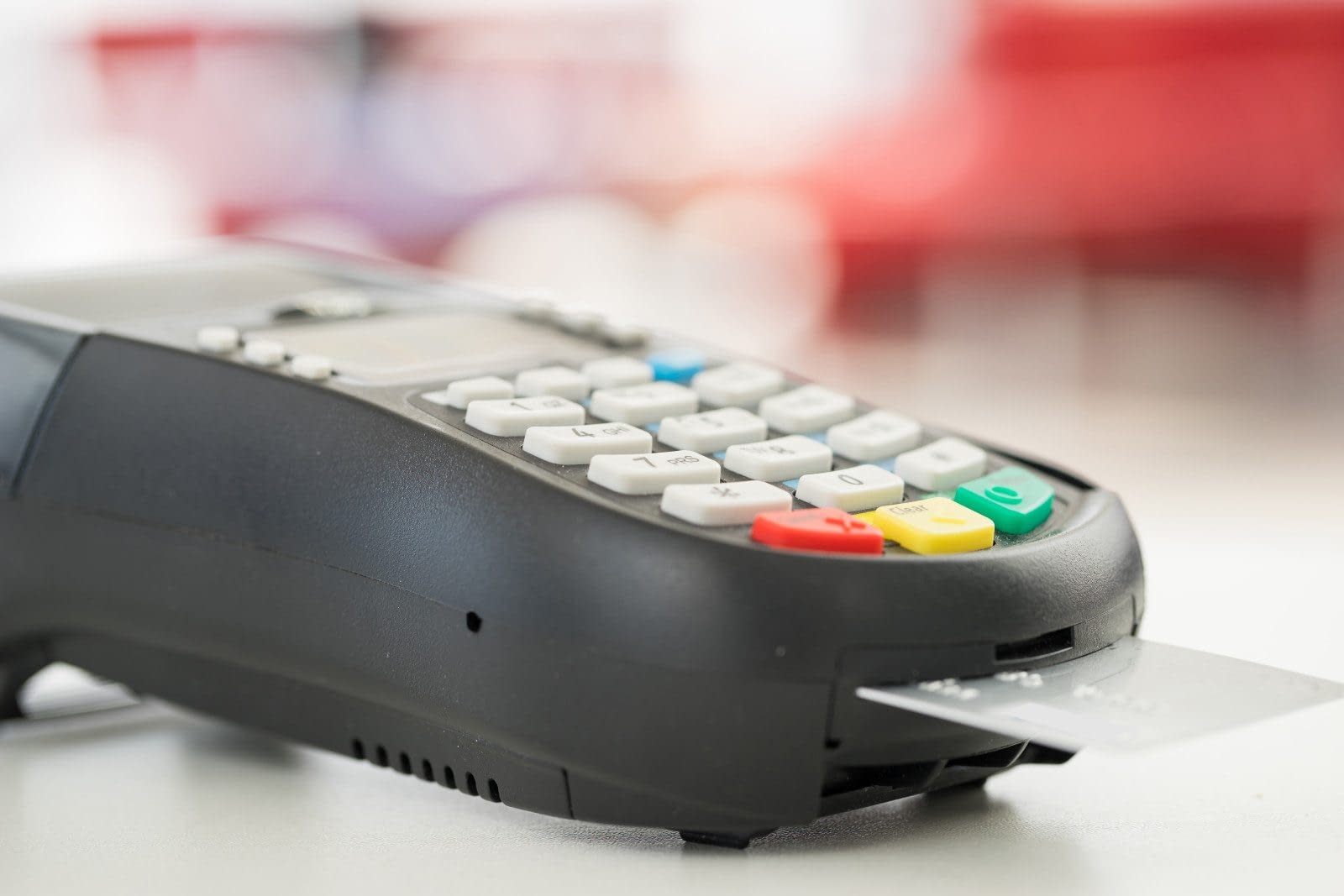

Does your business accept chip cards yet? Don’t panic if it’s still on your to-do list, but you may want to get moving on this. Swiping credit cards, a technology dating back to the ’60s, is quickly becoming an outdated process.
While there is no law requiring businesses to accept chip cards, there is a shift in liability from banks to businesses. So if your customer pays with a fraudulent card chip, and your business can only process magnetic strip cards, then your business could be liable for those fraudulent charges. That liability used to be on the banks. The one exception applies to bank ATMs and automated gas pumps—these terminals will not face this liability shift until October 2017.
The credit card payments industry instituted the EMV payment standards to help fight credit card fraud and identity crimes. EMV, named after its original developers Europay, Mastercard and Visa, is available in 80 countries.
What actions do businesses need to take?
To help ensure your business is protected from EMV-related fraud liability, you must upgrade your payment terminal to accept chip cards. While it may be an investment to make these changes, the reality is that you could be facing far greater costs if you have to pay the bill for credit card losses.
The transactions with an EMV-compatible terminal offer advanced security for in-store payments by making every transaction unique. Instead of swiping a card, the encrypted chip cards are inserted or dipped into the reader and left in place for the entire sale. Chip encryption helps protect buyer data and is harder to counterfeit. EMV cards also authenticate purchases by requiring a PIN number instead of a signature.
The upgrade costs will vary depending on your card processor and/or point-of-sale provider and your current technology. Contact your provider to discuss what you need to do to start accepting chip cards. If your payment processor is behind, that is not a liability loophole. Experts warn that the fraud liability costs may still fall on you if you’re not prepared and an incident occurs.
If your business uses a mobile card reader like Square rather than a traditional cash register or payment terminal, the liability shift affects you, too. Square and others like it offer EMV-compliant devices so you can upgrade your payment system.
If your customers do not have chip cards, they will still be able to make a payment. EMV-compatible terminals and machines are set up so they can swipe traditional magnetic stripe cards. In this scenario, businesses will not be responsible for fraud-related losses from traditional swiped transactions.
Other payments trends to watch
The mobile payment market, which is also called contactless or Near Field Communications (NFC) payments, is also growing in popularity. With contactless payments, buyers could leave their wallets at home and tap their phone or watch to pay for products or services.
While 52 percent of North Americans are “extremely aware” of mobile payments, only 18 percent use them on a regular basis, according to a 2015 Accenture survey. The early adopters include Millennials and higher-income households, with 23 percent and 38 percent using contactless payments at least once a week, respectively.
The bottom line is that alternative forms of payment are here and continuing to evolve and grow in popularity. Mobile payment terminals may be more expensive than standard EMV terminals, so study your options and pick what’s best for your business, budget and customers.
You’re not out of the woods for a breach
With all the advances in technology and security, there is still no silver bullet to guarantee data security. All it takes is one slip-up to open the door to a data theft. Plus, the amount of data flowing across smartphones, tablets, smart watches and fitness trackers is growing considerably. That can mean more security holes and potential access points for cyber thieves to exploit.
It’s worrisome for business owners because they may be legally required to take action if their customers’ nonpublic, personal information is exposed.
Insurance coverage is available to help business with data beach response expenses. Added to a business insurance policy, it can cover expenses like notifying affected individuals about a breach or to help cover legal and forensic costs for determining the extent of the breach and how best to respond. Learn more about this important coverage by talking to an insurance professional like an Erie Insurance Agent in your community.
– See more at: https://www.erieinsurance.com/Blog/2016/credit-card-chips#sthash.KBK7REBT.dpuf
Republished from www.eriesense.com
